2023.12.27
Shimenawa, sacred New Year rice straw festoon brings good luck
“Shimenawa,” literally a “closing rope” is a decoration mostly seen at Shinto shrines to mark holy places where spirits reside. A variation of shimenawa is also known as a New Year decoration that is hung over the entrance to homes, on the front doors.
The New Year shimenawa is a sacred rice straw festoon decorating most front doors of houses and businesses during the New Year holidays. It marks a boundary between this and the other world where the gods live, and hanging it on the door means welcoming the gods from the other world and keeping out the evil.
Huge sacred shimenawas often hang permanently at shrines and other sacred places in Japan. At homes, during the New Years, depending somewhat on the district, almost everyone hangs the shimenawa on the door from Dec. 28th through Jan. 15th. It’s not good to postpone putting it up to Dec. 29th, because “two” means “double” and the kanji for “nine” that is read “ku” can also sometimes mean “suffering” so, 29 could be read to mean double suffering.
The shimenawa is usually decorated with a couple of items after it’s been braided, such as a zigzag-cut white paper “shide” that means thunder, an orange meaning “descendants prosperity”, and other auspicious items.
Okinawa again is a bit different from Japan. Here the shimenawa are decorated with the same items as in Japan, but a piece of charcoal wrapped in kelp is added, which means “a prayer for the health of one’s descendants and prosperity for the family.” The piece of charcoal wrapped in kelp is an especially lucky charm on Okinawa, and the story behind it can be found in the lyrics of many Okinawan folk songs.
A kelp wrapped charcoal will also bring the New Year into the kitchen where the god of fire is enshrined in each local home.
The custom of hanging shimenawa on front grilles of cars for New Year holidays was very popular until a couple of decades ago, but is rare in this day an age. Some taxis and most of trucks still hang the Shimenawa for the first day of business in New Year as a prayer for safety on the road.

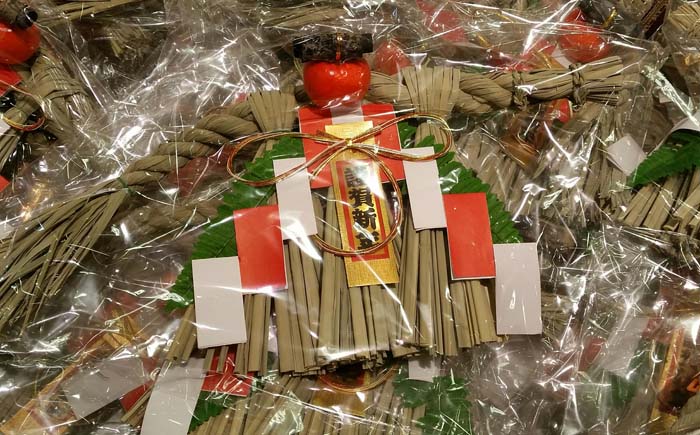
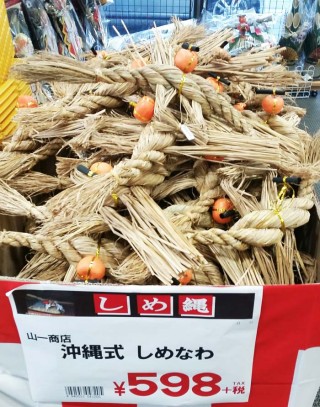
 2024.06.08
2024.06.08 2024.05.25
2024.05.25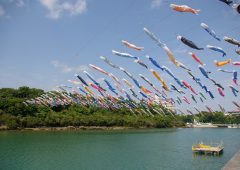 2024.04.26
2024.04.26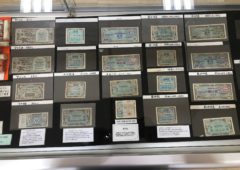 2024.04.22
2024.04.22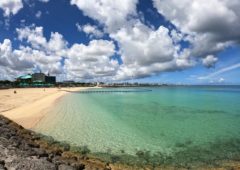 2024.04.10
2024.04.10 2024.01.31
2024.01.31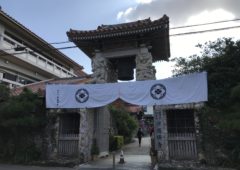 2024.01.02
2024.01.02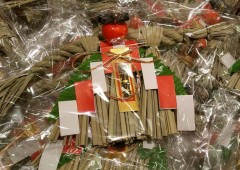 2023.12.27
2023.12.27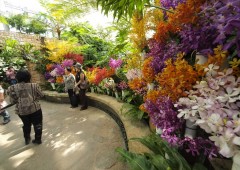 2023.11.16
2023.11.16






